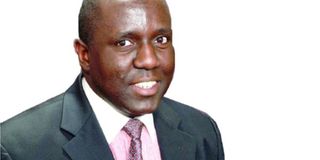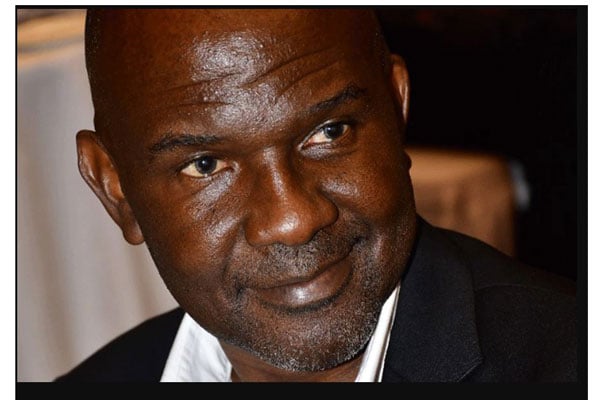Which big plays of 2016 paid off? What next in 2017?

Karoli Ssemogerere
What you need to know:
- There is little evidence that the economy will recover in 2017. Uganda slept for so long in self adulation cheered on by donors.
- The exchange rate did not hit Shs5,000 this year but any major turbulence will see low 4,000s in 2017.
In June 2016, the reappointed Minister of Finance Matia Kasaija allocated a record Shs800 billion to the agricultural sector, nearly four times the annual level of funding enjoyed between 2001 and 2011. This number reflected the fall in external funding for Naads, the agricultural advisory service set up in 2001 that failed to yield results having focused on non-traditional cash crops and food security that ended up impoverishing farmers countrywide.
This big play for the first time focused on expanding coffee acreage a major strategic move that give Uganda a run back into the global tables. In most of the coffee districts, which cover half of the country, this will bear fruit in the long term especially if the next phase focuses on handling and processing. Most coffee farmers are so poor they can’t afford drying coffee cherries off the ground.
This did not come without challenge, the dry spells dried up more than 70 per cent of the coffee seedlings when the rains did not materialise. Some of the districts reported a total loss. The failure of the rains was bad news for the “political” idea of distributing heifers. Animals have less drought tolerance than crops. There is a big lobby sending the President to promote the growing of oranges, before enough research is done. In Teso, oranges and mangoes fell off the trees, heavily diseased by fungi and fruit flies. Operation Wealth Creation reduced on the leakages but still remains a military, closed organisation without the benefit of technical training. Governor Tumusiime-Mutebile spent most of 2016 grappling with a sharp economic downturn.
Oil did not materialise on the books and is now pushed towards 2020. In 2016, oil production licences were issued but negotiations for the oil refinery spectacularly failed. Mutebile is on the record having said some of the oil production has already been securitised. Mutebile spent a lot of time calming down the banking sector.
The collapse of Crane Bank and the ascendancy of three major banks on the “watch list” posed a major headache. Resolving Crane Bank is going to be quite costly to BoU which spent years in the red after resolving much smaller entities Greenland Bank and ICB. Finally some sanity has returned to reduce interest rates. Prime at 23 per cent still lags the CBR which is at 12 per cent reflecting scarce lending funds. Smaller lenders rely on external financial warehouses to keep on lending but restrictions on forex lending are likely to dry up this source in 2017.
The public health and education sectors continued their journey into infamy. The affairs of Makerere University are an embarrassment. The way Mulago hospital is operating is another major one. In 2016, Mulago partly closed down for upgrading leaving the country without a public Intensive Care Unit. Major changes at Health appointing new ministers and a permanent secretary may help but this is one area where government is having major troubles. Major conflicts of interest are everywhere as public decision makers are also operators of private hospitals where a night bed can cost as much as Shs2 million a night in Kampala.
There is little evidence that the economy will recover in 2017. Uganda slept for so long in self adulation cheered on by donors.
The exchange rate did not hit Shs5,000 this year but any major turbulence will see low 4,000s in 2017. The greenback soared to Shs3,700 until temporary relief came from holidaymakers that arrive in December. Between 2014 and 2017, the Shilling has declined from 2,500 to 3,700. Major employers are likely to shed payroll.
Sugar is battling scorching temperatures that caused massive crop failures of replacement crop. SCOUL is sourcing sugarcane from Bunyoro.
Coffee volumes are likely to drop on account of sporadic rainfall and temperatures that closed 2017 soaring as high as 30-32C baking the soil while the coffee bushes were still carrying green berries and flowers.
Mr Ssemogerere is an Attorney-at-Law and an Advocate. [email protected]




